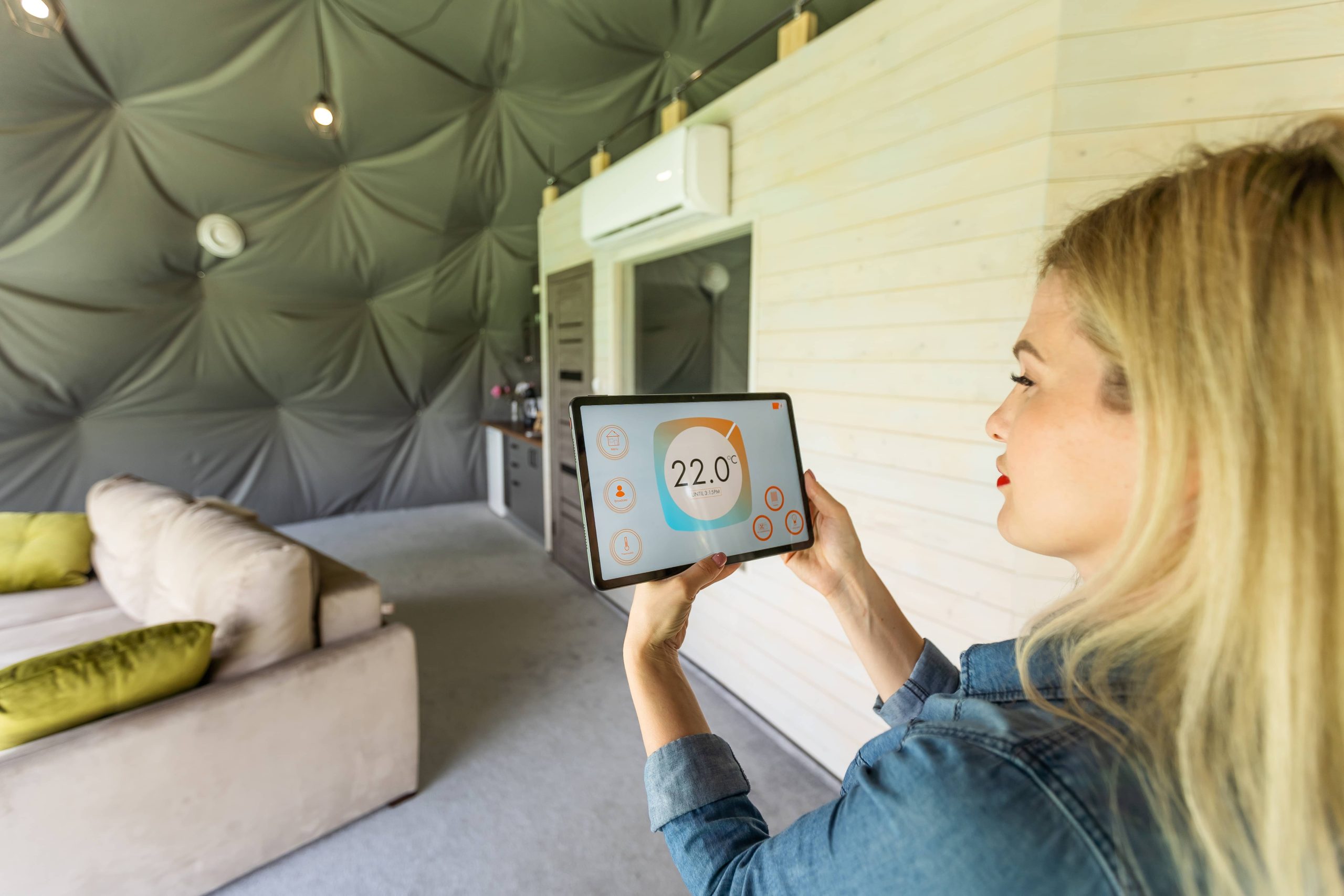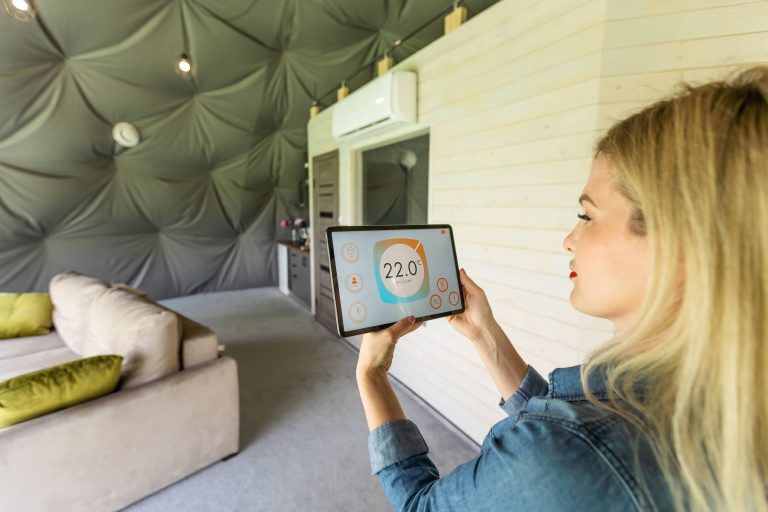
In the ever-evolving landscape of technology, the concept of a “smart home” has become a reality for many. From voice-activated assistants to automated lighting and security systems, the integration of technology into our daily lives has made our homes more efficient, secure, and comfortable. However, as we stand on the brink of a new technological revolution, the potential of quantum computing to transform smart living is both exciting and profound.
Understanding Quantum Computing
Before delving into its implications for smart living, it’s essential to understand what quantum computing is. Unlike classical computers, which use bits as the smallest unit of data, quantum computers use quantum bits or qubits. These qubits can exist in multiple states simultaneously, thanks to the principles of quantum superposition and entanglement. This allows quantum computers to process information at unprecedented speeds and solve complex problems that are currently beyond the reach of classical computers.
The Intersection of Quantum Computing and Smart Living
1. Enhanced Data Processing and Analysis
One of the most significant advantages of quantum computing is its ability to process vast amounts of data quickly. In a smart home, devices generate a continuous stream of data, from energy consumption patterns to security footage. Quantum computing can analyze this data in real-time, providing homeowners with insights that can lead to more efficient energy use, enhanced security, and personalized living experiences.
2. Revolutionizing Energy Management
Smart homes are increasingly equipped with renewable energy sources like solar panels. Quantum computing can optimize the distribution and storage of this energy, ensuring that homes use energy in the most efficient way possible. By predicting energy consumption patterns and adjusting accordingly, quantum computing can reduce energy waste and lower utility bills.
3. Advanced Security Systems
Security is a top priority for any homeowner. Quantum computing can enhance smart home security systems by providing more robust encryption methods. Quantum encryption is virtually unbreakable, ensuring that sensitive data, such as security camera footage and personal information, remains secure from cyber threats.
4. Improved AI and Machine Learning
Many smart home devices rely on artificial intelligence (AI) and machine learning to function effectively. Quantum computing can accelerate the training of AI models, leading to smarter and more responsive devices. For instance, voice-activated assistants could understand and respond to commands more accurately, while smart thermostats could learn and adapt to a homeowner’s preferences more quickly.
5. Seamless Integration of IoT Devices
The Internet of Things (IoT) is a cornerstone of smart living, with devices like smart refrigerators, lighting systems, and home assistants all interconnected. Quantum computing can facilitate the seamless integration of these devices, allowing them to communicate and work together more efficiently. This interconnectedness can lead to a more cohesive and intuitive smart home experience.
Challenges and Considerations
While the potential of quantum computing in smart living is immense, there are challenges to consider. Quantum computers are still in their infancy, and widespread adoption may take time. Additionally, the cost of quantum computing technology is currently high, which could limit its accessibility to the average homeowner.
Moreover, as with any technological advancement, there are ethical considerations. The increased data processing capabilities of quantum computing raise questions about privacy and data security. It’s crucial for developers and policymakers to address these concerns to ensure that the benefits of quantum computing are realized without compromising individual privacy.
Conclusion
Quantum computing holds the promise of transforming smart living in ways we are only beginning to imagine. From optimizing energy use to enhancing security and improving AI capabilities, the potential applications are vast and varied. As this technology continues to develop, it will undoubtedly play a pivotal role in shaping the future of smart homes.
For homeowners and tech enthusiasts alike, the prospect of quantum computing is both exciting and inspiring. As we look to the future, embracing this technology could lead to smarter, more efficient, and more secure homes, ultimately enhancing our quality of life. The journey towards a quantum-powered smart home is just beginning, and the possibilities are as limitless as the technology itself.







